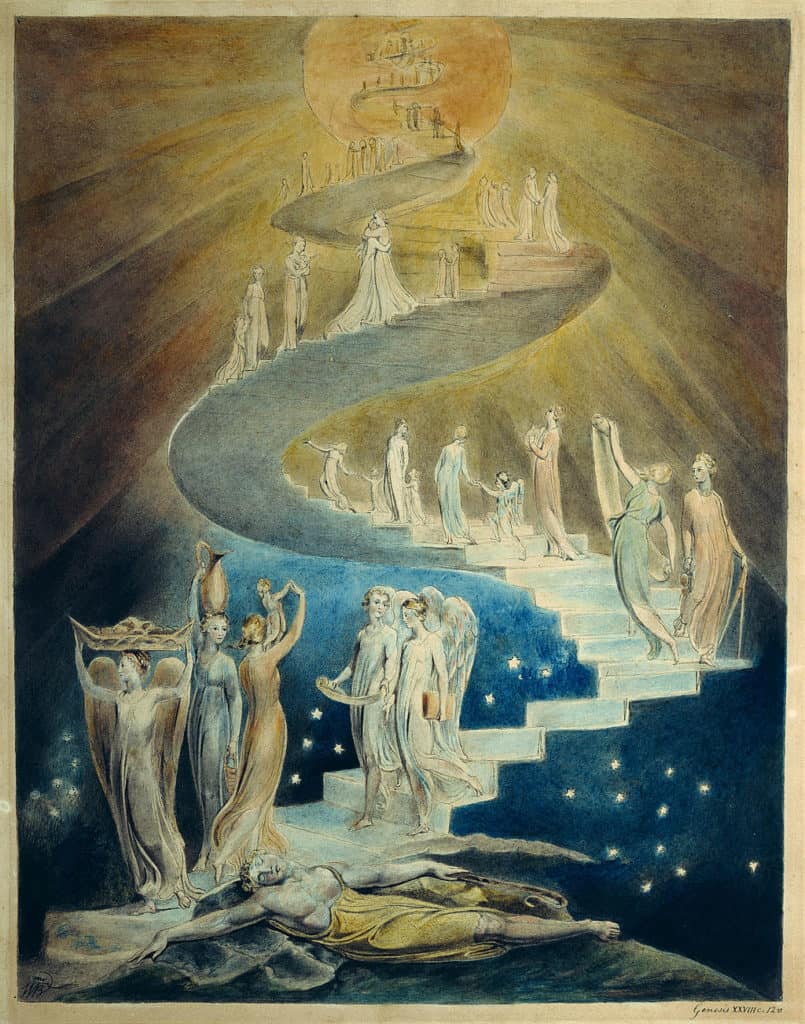Non-Logical Influences
Placebo Effect
If a number of people are given a sugar pill (unbeknownst to them and inert with respect to an illness), some will report relief of their symptoms. The placebo effect is one way in which our physical body is not exclusively described as a physiological state. Our psychological feelings color our health perception and yet these feelings are not logical consequences of a different factual condition in our health.
Shadow of the Leader

A different psychological effect arises from the shadow of the leader phenomenon—people tend to take on the characteristics of those who have power or influence over them.
Our leader’s opinion has a significant effect on our own opinions (and therefore on our behavior). Whether we agree or disagree with the leader, a leader’s statement becomes a reference point that puts a boundary upon our decision, irrespective of our personal belief in the truth of the leader’s statement.
In behavioral psychology terms, the leader sets an anchor for the discussion. Whether that anchor (or position) is right or wrong (good or bad; true or false), the leader’s pronouncement affects the population’s opinion. The shadow of the leader becomes a marker for discussion
We invest our leadership positions with power. The shadow of the leader is an important consequence. It is not a logical force, but a social force. That is one reason that many political arguments are resistant to logical discussion.
Image of people walking in Death Valley. Courtesy of Jehyun-Sung on Unsplash



1 thought on “Non-Logical Influences”